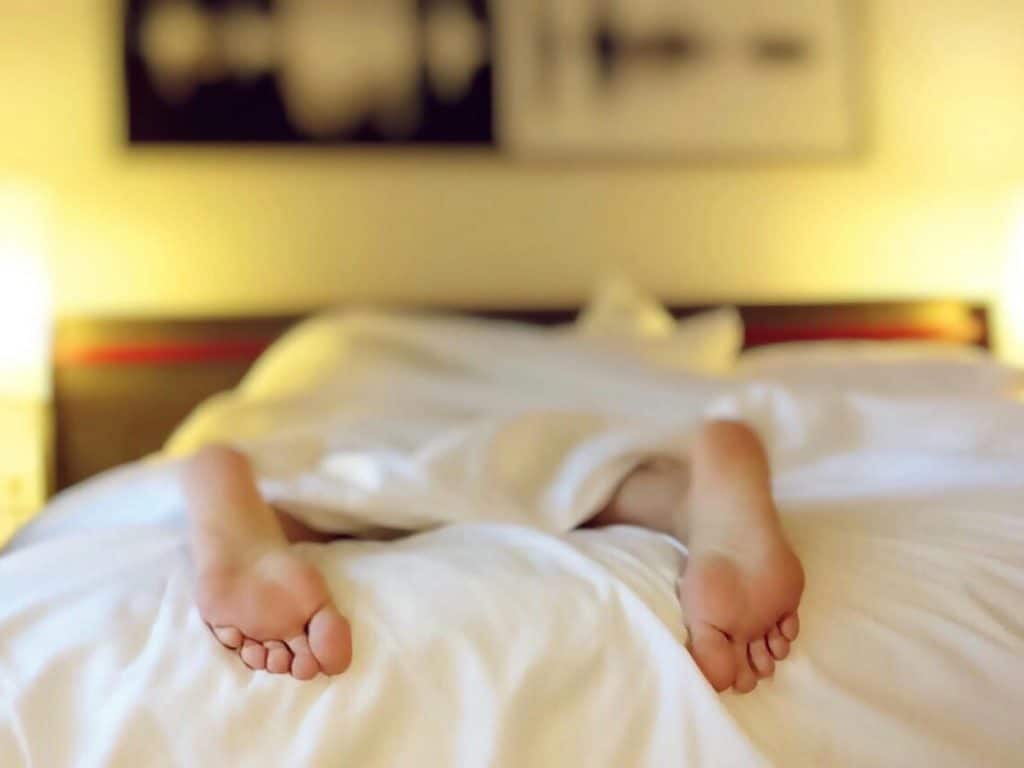
Theine and caffeine are two natural stimulants that are well known to science. The same is not true for the Spanish population, who are very familiar with caffeine and coffee, but less accustomed to tea. Although coffee is not native to our country, but comes from other continents, the coffee-drinking tradition is deeply rooted within our borders. Tea, on the other hand, only began to gain popularity a few decades ago. That is why in Spain it is rare for someone to not know what caffeine is, its effects and benefits. The same is not true for theine, which is a great unknown for many.
What is caffeine?
Caffeine, or trimethylxanthine, is an alkaloid with stimulant properties. “It is found naturally in plant components, such as coffee and cocoa beans, tea leaves, guarana berries and the cola nut,” explains Cristina Burgos, a dietician-nutritionist and expert in Nutrigenomics and Personalised Nutrition, and member of the Spanish Academy of Nutrition and Dietetics.
What is theine?
Theine or trimethylxanthine is also an alkaloid with stimulant properties. As you can see, the composition of both is identical, to the point that it could be said that coffee and tea are different sides of the same coin and different plants. With small salvations that we will see.
Origin of the two terms
Coffee is originally from Ethiopia, where the first coffee trees were found in the 11th century. Caffeine, however, was discovered in 1819 by Friedrich Ferdinand Runge. Tea, on the other hand, has been consumed for more than two millennia in China. However, the name «theine» was coined by M. Oudry in 1827.
Only a few years later, in 1838, the chemist Gerardus Johannes Mulder confirmed that both terms corresponded to the same formula. In other words, they were the same. The two different names were kept because they had different origins. In fact, for decades it was believed that “theine was the psychoactive substance in tea, while caffeine was the psychoactive substance in coffee,” adds Burgos.

So, are caffeine and theine the same thing?
The answer is yes. “It is about the same molecule«In other words, both have the same chemical structure. The difference lies in the plant from which they are extracted,» concludes the expert.
The amount of this molecule in each of these drinks is also different. “The amount of caffeine ingested in each cup of tea is less than that provided by a cup of espresso,” explains the academic. Approximately, A cup of tea can provide one-third to one-half the caffeine of a cup of coffee.
Effects of caffeine and theine on the body.
Since theine and caffeine have the same chemical formula, from here on the expert will refer to both substances as caffeine. Its main effect is to stimulate the central nervous system. “It generates a greater state of alertness in the body, reducing the feeling of tiredness. These effects begin 15 minutes after ingestion, although they are fully absorbed within 45 minutes, then distributed throughout the different tissues,” Burgos continues. EFSA It is noted that it usually takes 4 hours from ingestion to complete elimination via the kidneys, although this can vary between 2 and 8 hours, depending on the person.
This time range is explained by various factors, such as age, body weight, medication intake, as well as the health of the liver, which is involved in its metabolism. The less it functions, the more coffee accumulates and the longer its half-life, or in other words, its duration in the blood.
Since it is a central nervous system stimulant “it can generate certain addiction in people with a higher sensitivity. The same thing happens when high doses are consumed for a long period of time,» says the dietician-nutritionist. In fact, it can be considered the most widely consumed psychoactive substance in the world.

Recommended amounts per day and person
Although there are many benefits to consuming caffeine, too much can carry certain risks. The European Food Safety Authority (EFSA) states that a healthy adult can take Single doses of up to 200 milligrams (about 3 milligrams per kilogram of body weight) from all safe sources. In addition, caffeine tolerance can vary depending on habits, body weight, general health, and other factors.
Caffeine intakes of up to 400 milligrams a day (around 5.7 milligrams per kilogram of body weight per day) ‘have no harmful effects on the health of adults in the general population, except in the case of pregnant women’, warns AESAN. In the case of pregnant women, the maximum daily dose should not exceed 200 milligrams of caffeine.
In some countries, such as the United States, the growing health risk posed by excessive caffeine consumption is being analysed, especially due to the emerging fashion of consuming energy drinks. In this regard, it is worth remembering that caffeine is not only found in coffee or tea. Caffeine is also found in cocoa and its derivatives and, very especially, in energy drinks. A single can, depending on its size, can contain more than 200 milligrams.
Detrimental effects
EFSA reports that among the short-term harmful effects on children and adults are: problems related to the central nervous systemsuch as interrupted sleep, anxiety, and behavioral changes.
Similarly, over the long term, excessive caffeine consumption has been linked to cardiovascular problems and, in pregnant women, to delayed fetal growth and spontaneous abortions.
Benefits of theine and caffeine
Cristina Burgos points out that it has been proven that caffeine has many effects on metabolism due to the stimulation of the central nervous system. These effects are the following:
- Increase alertness/concentration
- It has a clear diuretic effect.
- It works as an antioxidant
Do all teas contain theine in their composition?
The tea plant is the Camellia sinensis. The leaves and shoots of this species are used to make infusions. “All teas contain theine. What varies is the concentration of theine depending on the type of tea,” explains the expert.
Teas with high amounts of theine/caffeine
- Japanese teas
- Spring white teas
- Black teas from Assam, Kenya… (breakfast type)
Teas with low amounts of theine/caffeine
- Blends of a spicy type or containing less percentage of tea leaves
- Ancient Tree Teas
- Bancha and autumn harvest teas
Do rooibos and chamomile contain theine?
In addition to teas, there are numerous infusions, such as chamomile, rooibos and mint that “are obtained from plants that are not related to the Camellia sinensis“So they are naturally caffeine-free,” says Cristina Burgos.
The ALDI Council
Excessive consumption of stimulants can disrupt sleep patterns. Sleeping less reduces our daily performance and can affect our mood, causing mood swings. Always consume them in moderation and avoid them in the last hours of the day!

Cristina BurgosDietician-nutritionist and member of the Spanish Academy of Nutrition and Dietetics. Diploma in Human Nutrition and Dietetics, Master in Nutrigenomics and Personalized Nutrition, University Expert in Community Nutrition. Instagram: @nutricioneandoes.







